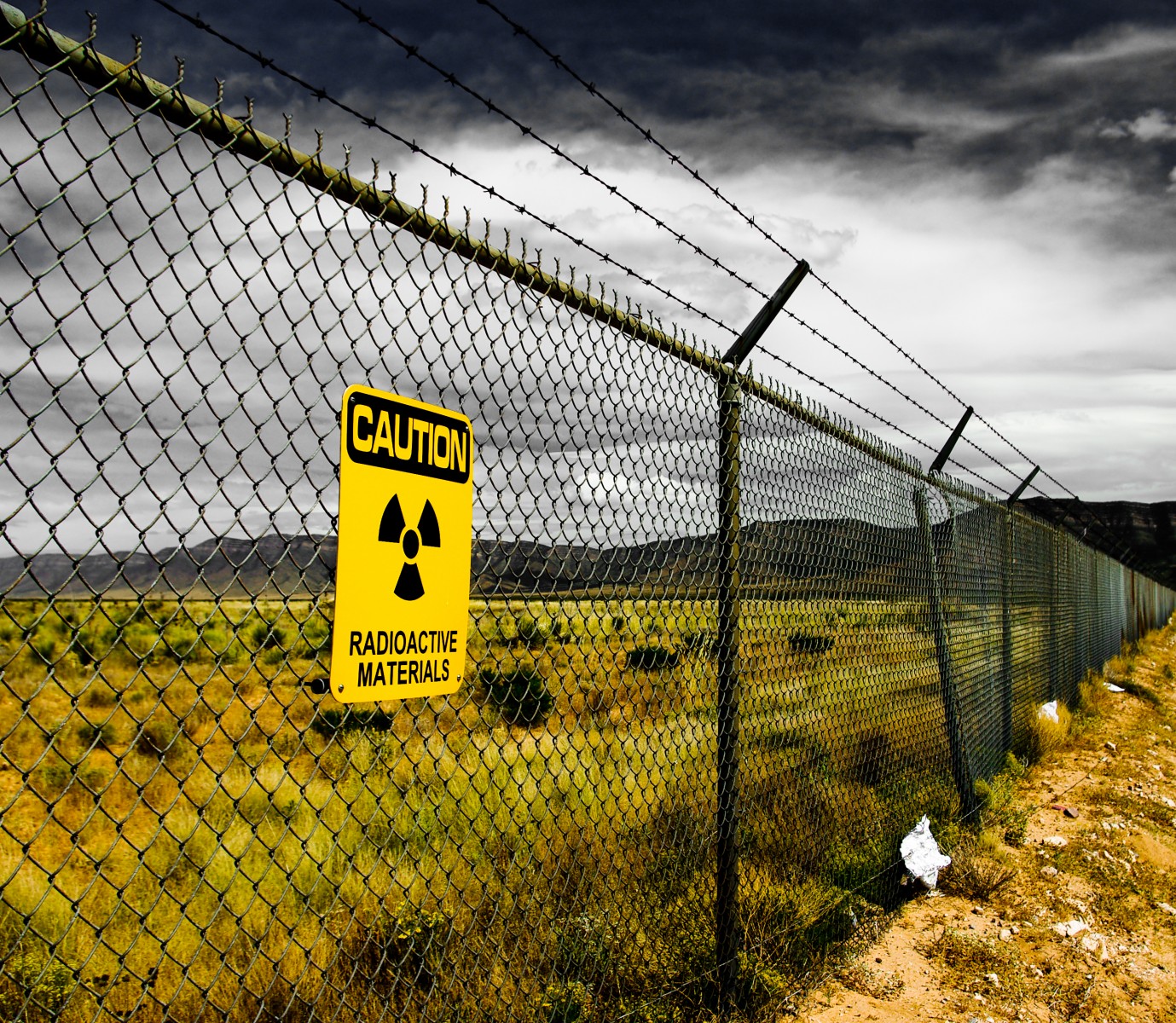 Aeolus Pharmaceuticals, Inc. recently announced at an In Process Review (IPR) meeting with the Biomedical Advanced Research and Development Authority (BARDA) that the company’s experimental AEOL 10150 drug is effective in increasing animal survival after exposure to radiation. The results are significant because AEOL 10150 may offer a treatment option for people who have been exposed to high-doses of radiation therapy for various cancer treatments.
Aeolus Pharmaceuticals, Inc. recently announced at an In Process Review (IPR) meeting with the Biomedical Advanced Research and Development Authority (BARDA) that the company’s experimental AEOL 10150 drug is effective in increasing animal survival after exposure to radiation. The results are significant because AEOL 10150 may offer a treatment option for people who have been exposed to high-doses of radiation therapy for various cancer treatments.
In the trial study, non-human primates whose lungs were exposed to radiation were given a 60-day treatment with AEOL 10150, resulting in an overall survival increase from 25 to 50%, which doubled at 180 days after radiation exposure. Aeolus will introduce these results in a pre-Emergency Use Authorization (EUA) submission to the U.S. Food and Drug Administration (FDA).
It is known that individuals who are exposed to high doses of radiation can survive through a combined treatment of Neupogen® or Neulasta® (both used to increase the number of hematopoietic cells and neutrophils, a type of white blood cell) along with fluids and antibiotics. However, later these individuals often succumb due to lung damage or multi-organ failure. There is currently no approved treatment for lung complications associated with exposure to radiation.
[adrotate group=”1″]
AEOL 10150 is being developed as a protective agent to countermeasure the effects of acute radiation. In this way, the company also imagines that for radiation therapy patients, it could possibly be prescribed prior to treatment. The drug is a catalytic antioxidant that has been developed to reduce inflammation, oxidative stress and ultimately tissue damage caused by exposure to radiation. AEOL 10150 has received the “Orphan Drug” designation for the treatment of lung acute radiation syndrome (ARS), a syndrome characterized by lung inflammation and fibrosis after exposure to high radiation doses that leads to reduced lung function and eventually death. The compound is also being developed for approval under the FDA Animal Rule (21 CFR 601.90-95).
This study with non-human primates was performed by researchers at the University of Maryland School of Medicine and led by Dr. Tom MacVittie. The research team has previously developed models to assess radiation damage, especially in terms of hematopoietic, gastrointestinal (GI) and lung sub-syndromes of ARS.
Previous trials demonstrated that AEOL 10150 is safe, well-tolerated and capable of increasing survival and reducing lung damage after severe radiation exposure. “This is the second efficacy study in this model that has demonstrated AEOL 10150’s ability to improve survival after exposure of the lungs to lethal doses of radiation,” noted Dr. MacVittie in the press release. “It also confirms studies in mice that have shown administration of AEOL 10150 beginning 24 hours after exposure to lethal radiation significantly improves survival, reduces tissue damage and improves respiratory function. In the current study, the drug’s ability to double survival after such a high level of radiation exposure to the lungs is particularly encouraging. The data suggest that AEOL 10150 could be an important treatment to prevent radiation-induced lung injury when administered in conjunction with Neupogen®, fluids and antibiotics which have shown effectiveness in treating blood and GI effects from radiation exposure.”
“The results from our efficacy study are a critical component in our pre-Emergency Use Authorization filing, and help establish a clear study design for discussion with the FDA for a pivotal study to obtain FDA approval under the ‘Animal Rule,’” said the President and Chief Executive Officer of Aeolus Pharmaceuticals, Inc., John L. McManus. “Dr. MacVittie and his team are the leaders in the field of radiation research and have spent years refining their models in conjunction with and with the support of the FDA, BARDA, the National Institutes of Health and the Department of Defense. We are fortunate to have Dr. MacVittie and his team as partners and are grateful for all of their efforts in designing and validating the Lung ARS model and for performing a well-designed, well-controlled study that has demonstrated the effectiveness of AEOL 10150 as a medical countermeasure for lung damage from radiation exposure.”
Aeolus has filed an Investigational New Drug Application (IND) to start a Phase 1 study of AEOL 10150 in healthy volunteers. In addition, AEOL 10150 is also being considered as a potential therapeutic drug to reduce the side effects of radiation therapy and increase quality of life in patients with cancer.


